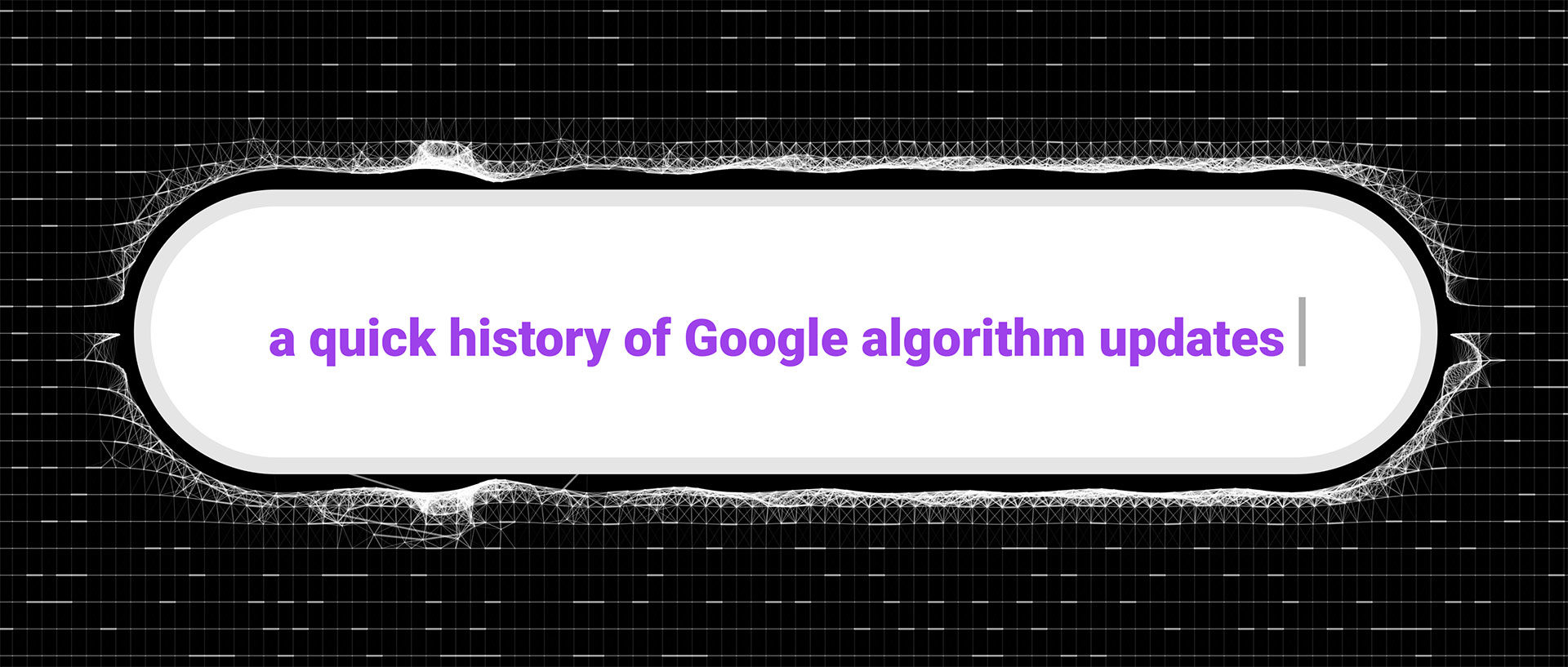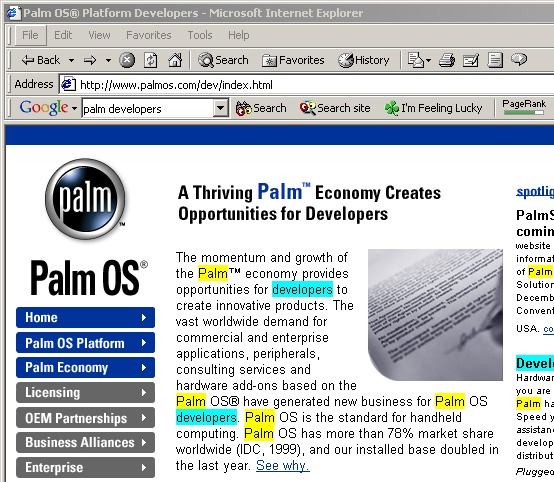A Quick History of Google Algorithm Updates (2018)

Google’s search algorithms are ever-changing to create a better user experience for casual Internet surfers. Google’s algorithms are improved at least 500 to 600 times a year, making it difficult for the SEO community and websites to stay at the top of Search engine results pages (SERPs). Below is a brief history on some of the major updates Google has made to their algorithm over the last six years.
The Early Years
“That which is measured, improves”
– Karl Pearson
December 1, 2000: Google Toolbar Released
This historic date saw the release of the Google Toolbar, a browser plugin for Internet Explorer 5 and 6, which allowed users to see the PageRank of any page they entered. In some ways this was the birth of SEO, as it gave webmasters a simple way to measure the success of their efforts.

September 1, 2002: The First Documented Update
The algorithm changed! It’s not clear exactly what changed, but the search index was significantly different than it had been the day prior.
Feb 1, 2003: Boston, the First Named Update
Google began naming and announcing their major updates.
2003 – 2004: Cansandra, Austin, and Florida
These very important updates heavily penalized sites for using old-school SEO techniques like stuffing pages full of invisible text as a way to include more keywords.
2005: Nofollow and Jagger
Google cracked down heavily on low-quality links with these two updates. First, Google announced the nofollow attribute, which allowed webmasters to disavow links to untrusted sources. This was largely an effort to control blog spam. Second came the Jagger update, which penalized low-quality link farms.
The Middle Ages
“New links must be forged as old ones rust.”
– Jane Howard
2011: Panda
Originally designed to filter out websites with low-quality content and de-rank them so that they would appear less often on SERPs. Panda was added to the core Google algorithm by 2016 with Panda 4.0.
April 2012: Penguin
Improved on Panda’s de-ranking algorithm but focused more on de-ranking sites with spam content that resulted in manipulative clicks. Penguin would search a web page, and it’s associated linked content to confirm that the website is not buying or stuffing links to boost Google ranking.
September 2012: Exact Match Domain Penalty
Google began penalizing sites which used exact keyword phrases as their domain name because that had become associated with spam sites. For example, think of sites with domains like “top-personal-injury-lawyers-ohio.com”. I just made that one up, but you get the point.
2013: Humming Bird
Improved search results by understanding users queries, instead of relying on keywords, and produced more relevant results. Before Humming Bird, Google’s algorithm relied on keywords, which websites could use to drive traffic by keyword stuffing their content.
2014: Pigeon
Placed more importance on local search results and put high-quality links at the top of SERPs. The local algorithm better connected Google maps and the core search engine, which dramatically altered return queries on both platforms.
2015: Mobile Friendly Updates
Displayed mobile-friendly sites at the top of mobile SERPs. This update gave a rank boost to websites that optimized their pages for mobile viewing.
Recent History
“Words are but the vague shadows of the volumes we mean. Little audible links, they are, chaining together great inaudible feelings and purposes.”
– Theodore Dreiser
2015: Rank Brain
Delivered better search results based on relevance and machine learning. Rank Brain builds on Humming Bird’s algorithm, but the use of machine learning allows Google searches to gain a better understanding and decipher the meaning behind a user’s query.
2016: Unnamed Algorithm
The SEO community refers to the newest Google update as Possum. The local algorithm prioritizes search results by user location. Businesses saw an increase to their website ranking after the implementation.
2017: Intrusive Pop-up Penalty
In an effort to save the internet from itself, Google began penalizing sites for overly-aggressive pop-ups.
What’s Next?
2018: Mobile Speed
Google has recently announced an upcoming algorithm change, slated for July 2018, which will give preference to faster sites for mobile searches. Google has been making moves in the direction for some time now, and so this change should come as surprise to no one.
Google is continuously updating their algorithm to create the best user experience. We will continue monitoring the algorithm changes and update this post as we learn more. Stay tuned!


